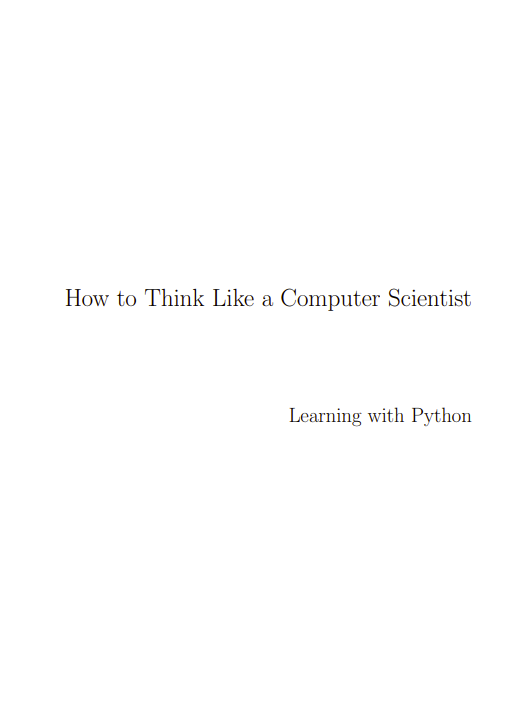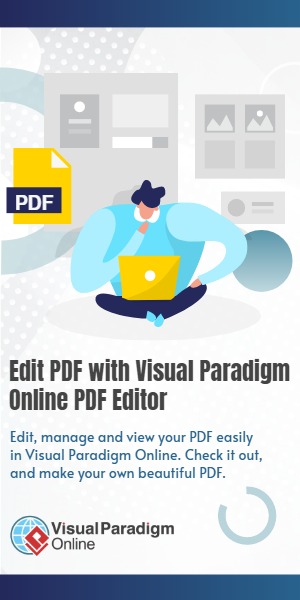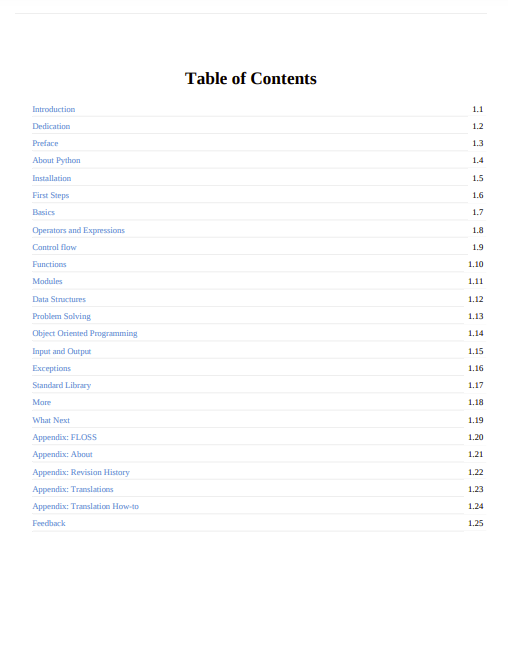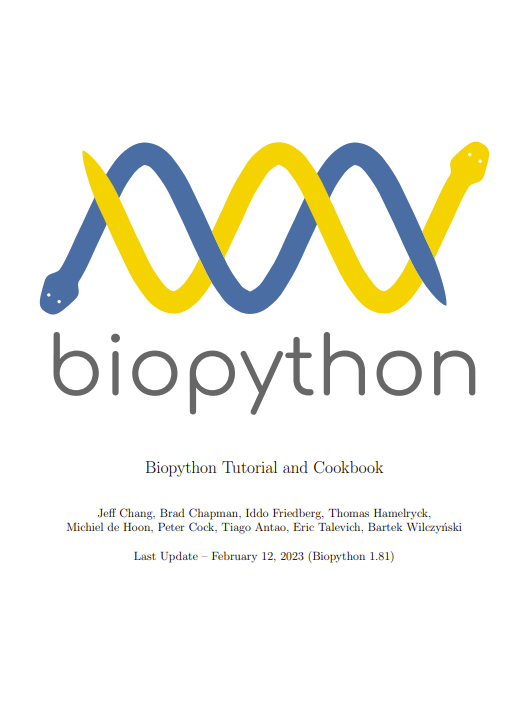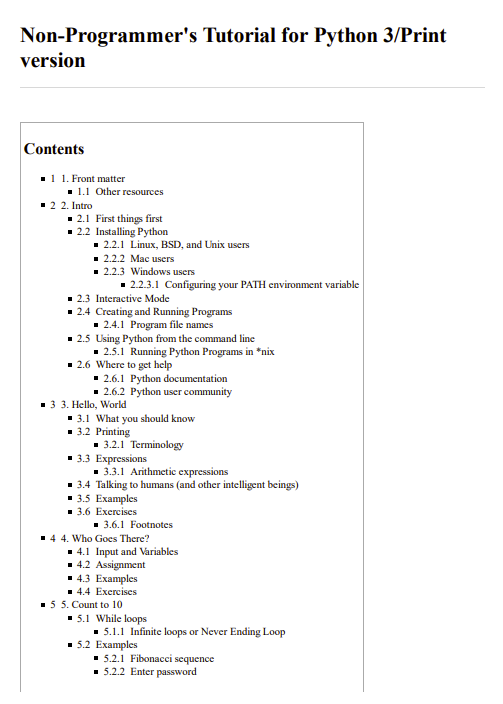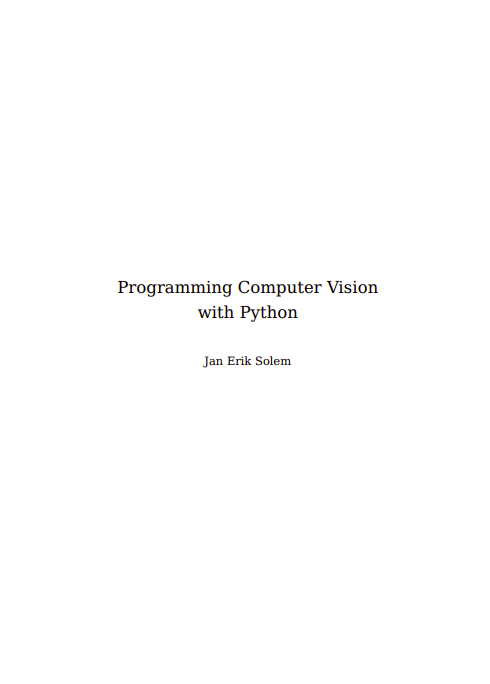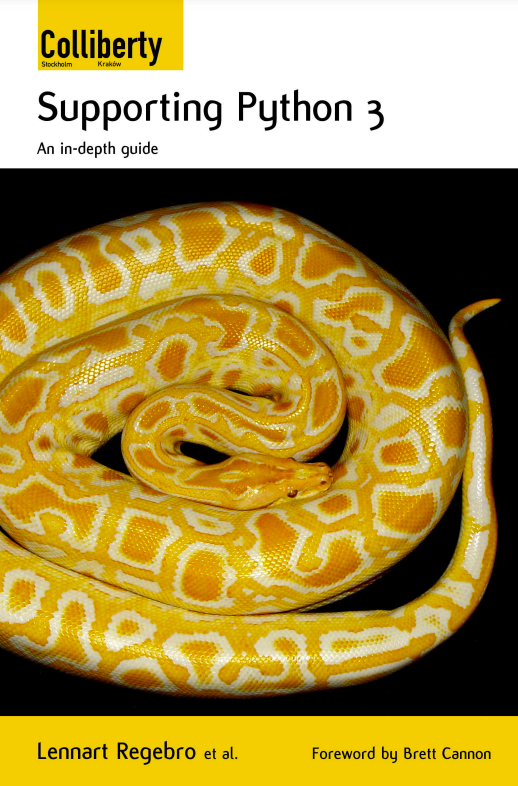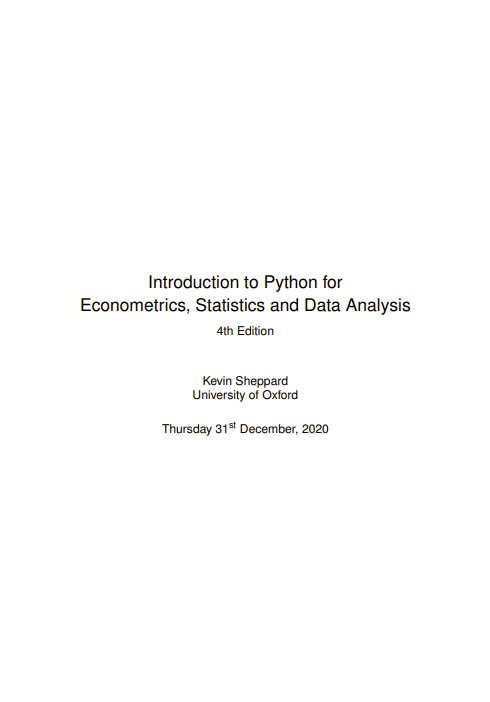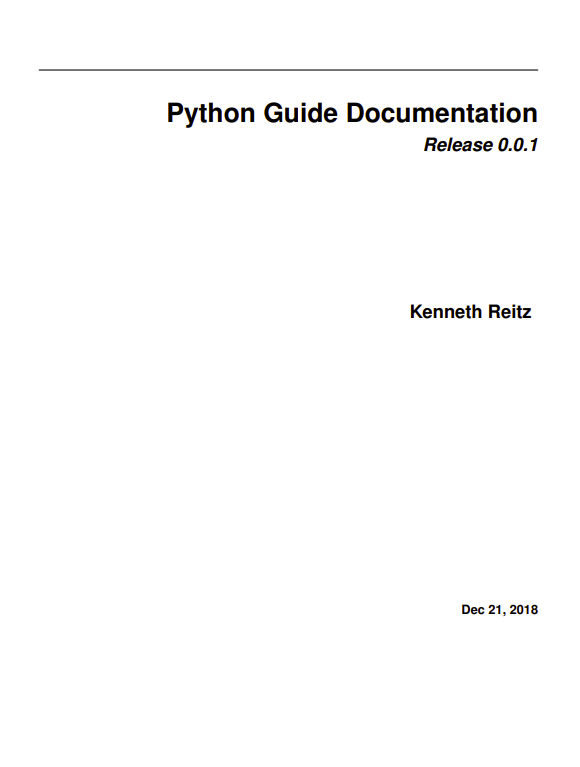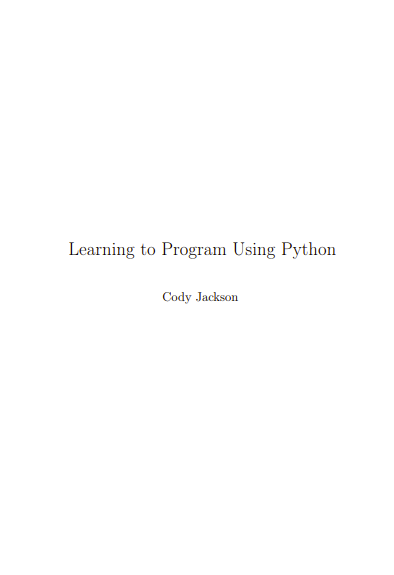How and why I came to use Python
In 1999, the College Board’s Advanced Placement (AP) Computer Science exam was given in C++ for the first time. As in many high schools throughout the country, the decision to change languages had a direct impact on the computer science curriculum at Yorktown High School in Arlington, Virginia, where I teach. Up to this point, Pascal was the language of instruction in both our first-year and AP courses. In keeping with past practice of giving students two years of exposure to the same language, we made the decision to switch to C++ in the first-year course for the 1997-98 school year so that we would be in step with the College Board’s change for the AP course the following year.
Two years later, I was convinced that C++ was a poor choice to use for introducing students to computer science. While it is certainly a very powerful programming language, it is also an extremely difficult language to learn and teach. I found myself constantly fighting with C++’s difficult syntax and multiple ways of doing things, and I was losing many students unnecessarily as a result. Convinced there had to be a better language choice for our first-year class, I went looking for an alternative to C++.
I needed a language that would run on the machines in our Linux lab as well as on the Windows and Macintosh platforms most students have at home. I wanted it to be free and available electronically so that students could use it at home regardless of their income. I wanted a language that was used by professional programmers, and one that had an active developer community around it. It had to support both procedural and object-oriented programming. And most importantly, it had to be easy to learn and teach. When I investigated the choices with these goals in mind, Python stood out as the best candidate for the job.
I asked one of Yorktown’s talented students, Matt Ahrens, to give Python a try. In two months he not only learned the language but wrote an application called pyTicket that enabled our staff to report technology problems via the Web. I knew that Matt could not have finished an application of that scale in so short a time in C++, and this accomplishment, combined with Matt’s positive assessment of Python, suggested that Python was the solution I was looking for.
